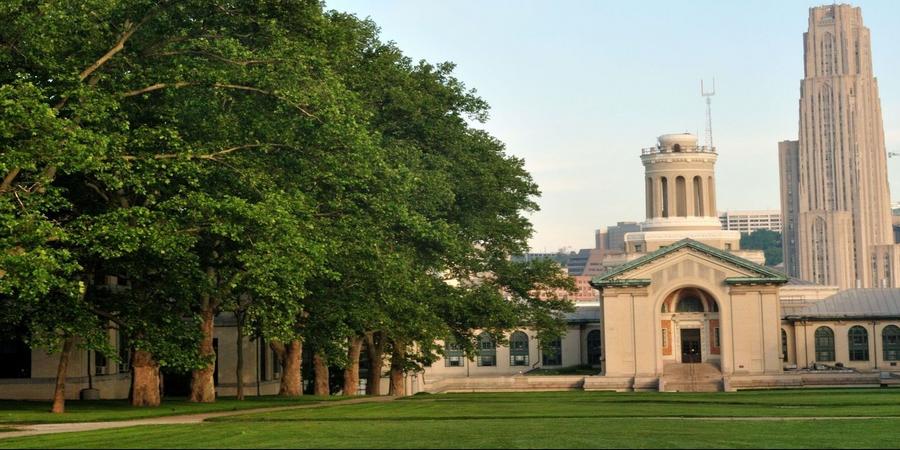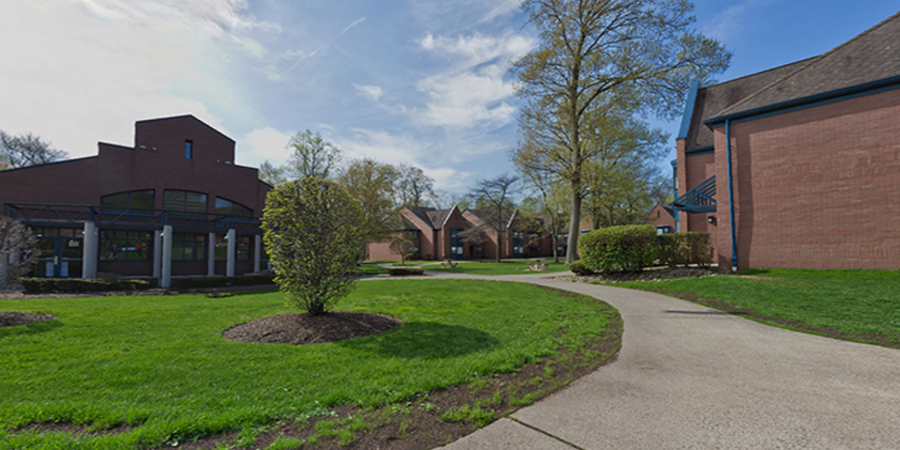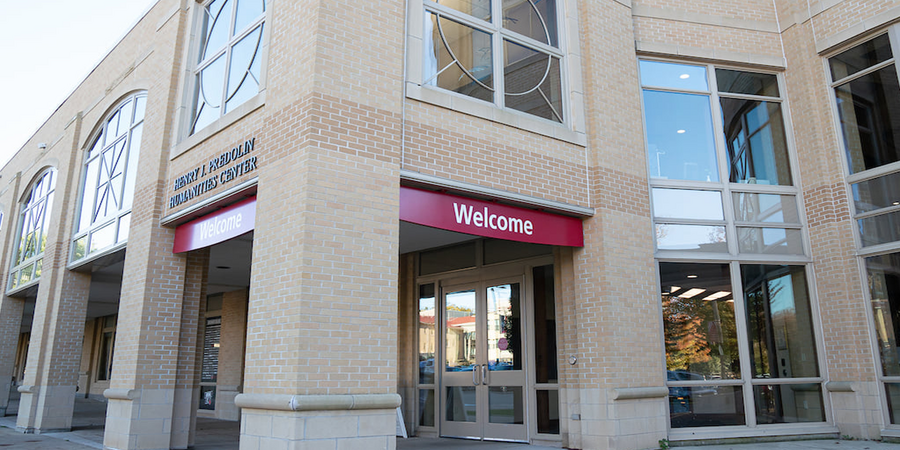Carnegie Mellon University
- University
- College
- Co-educational private schools
- english
About the Carnegie Mellon University
History of Carnegie Mellon University Carnegie Mellon University was founded by Andrew Carnegie in 1900 under the name "Carnegie Technical Schools". Andrew Carnegie, a renowned industrialist and philanthropist, established this educational institution to train skilled workers, specialists, and engineers for the industrialized society. Educational philosophy and approaches to learning Carnegie Mellon University follows an approach focused on innovation, interdisciplinarity, and the application of knowledge in real life. The key principles of education at CMU include: Innovative learning: students are taught using the latest technologies and methods, such as active laboratories, interactive classes, and project-based learning. Interdisciplinary research: the university actively promotes interaction between different fields of knowledge, such as engineering, arts, design, social sciences, creating a unique educational environment. Application of knowledge in practice: CMU students often participate in practical projects with companies and organizations, giving them the opportunity to work on real problems and projects. CMU also actively supports innovative startups and entrepreneurial initiatives through programs such as the Swartz Center for Entrepreneurship, which helps students and graduates turn their ideas into reality. Role and significance of Carnegie Mellon University in the education system CMU holds a prominent place in the global education system. The university is particularly renowned for its contributions in computer science, robotics, artificial intelligence, art and design, as well as interdisciplinary research. Its impact extends beyond classrooms and laboratories, significantly influencing the development of technologies and society.
MoreLoading...
Admission conditions in Carnegie Mellon University
Age: candidates must be over 18 years old at the start of the program. For students under 18, parental or guardian consent will be required. Application Process: You can submit your application through the official Common Application or Coalition Application platform. The application can be submitted online, and the process is completely automated. Application Fee: The application fee is approximately $75-$100 depending on the program. Exams: Most programs require standardized exams such as the SAT or ACT (in some cases exams may be optional). TOEFL or IELTS - for foreign students if English is not their native language. High School Diploma: A high school diploma is required. For foreign students, a translation of the diploma into English may be required. For some programs, a translation of the diploma may be required if the graduate is from another country. Recommendations: Two recommendations from teachers (usually math and English teachers) are required for the application. School Report: Some programs may require a school report, including grades and results from international exams. Midyear and Annual Reports: Sometimes, it may be necessary to provide midyear grades or annual performance reports to assess academic preparedness. Financial Proof: Foreign students must provide proof of sufficient funds to cover tuition fees. This could be a bank statement or a letter from a sponsor. Additional Documents: Some programs may require a portfolio (for architecture, design) or creative work (for programs in the arts).
MoreMinimum rating for admission to Carnegie Mellon University
Competition for admission to Carnegie Mellon University is high, and the university usually accepts students with high scores: Average GPA: 3.8 out of 4.0 (or higher). SAT: around 1500-1600 out of 1600. ACT: around 33-35 out of 36. However, the university takes into account not only academic achievements but also personal qualities, leadership potential, achievements in volunteering and creative projects.
Prospects after completing studies in Carnegie Mellon University
Carnegie Mellon University is one of the most prestigious educational institutions in the world, and its graduates often achieve significant success in their careers. Jobs at top companies: CMU graduates are in demand at companies such as Google, Apple, Microsoft, Tesla, Facebook, and many others. Programs in engineering, computer science, and business are considered some of the best in the world. Entrepreneurial success: the university actively supports startups, and many graduates start their own companies in the field of technology and innovation. High salary: CMU graduates can expect a high salary - the average annual salary for master's graduates is $100,000 or more. International opportunities: thanks to its strong international reputation, graduates often receive job offers from major international organizations or continue their careers in academia. Carnegie Mellon University opens doors for those who are ready for professional challenges and strive to change the world through technology, art, and science.
MoreTitle | Age | Period |
|---|---|---|
| Bachelor's Degree program in English | 18+ | 1 year |
| Master's Degree program in English | 20+ | 1 year |
Leave a review
Loading...













Reviews